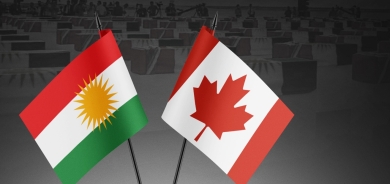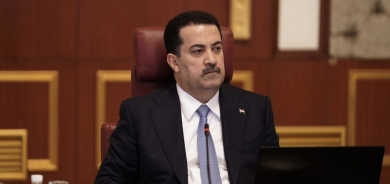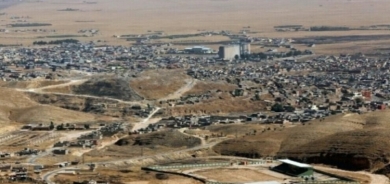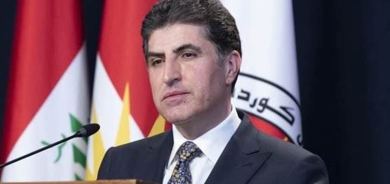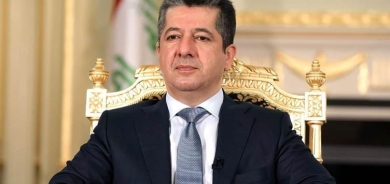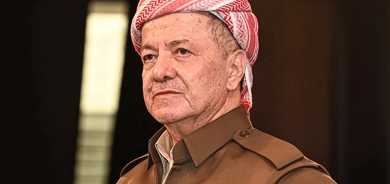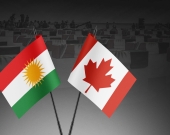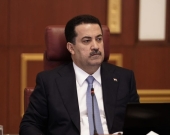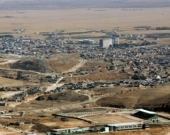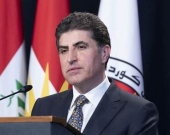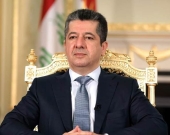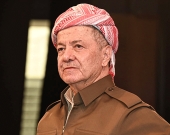Rafik Hariri murder trial begins at The Hague

The four - alleged associates of the Syria-backed militant Shia movement Hezbollah - have not been arrested and are being tried in absentia.
Hariri and 21 others were killed by a massive car bomb in Beirut in 2005.
The killings polarised Lebanon and led to the withdrawal of Syrian troops. Hezbollah denies any involvement.
It instead says the assassination was part of an Israeli and US conspiracy.
Shortly before the trial was to start, a suicide bomb blast was reported near a government building in the town of Hermel - a Hezbollah stronghold.
At least four people and the bomber were killed and more than 20 wounded in the attack in the town, which is in the Bekaa Valley, near the northern border with Syria.
Fifth suspect
In his address at the start of the trial, judge David Re said it had been decided that all necessary steps had been taken to try to bring the accused to court.
He said that the court would proceed as if the defendants were present and that, although no pleas had been entered, they would be presumed to have pleaded not guilty and it would be the prosecutions task to prove guilt beyond all reasonable doubt.
In his opening statement, prosecutor Norman Farrell said the amount of explosives used showed the attackers had intended to send "a terrifying message and to cause panic among the population of Beirut and Lebanon".
Chief Prosecutor Norman Farrell: "Despite the perpetrators efforts ... the truth leaves its traces"
He added: "It is not that the perpetrators simply did not care if they killed their fellow citizens. Rather they intended to do so."
Hariris son, Saad, and other family members are at the trial.
The BBCs Jim Muir in Beirut says the UN-backed trial is a unique occasion - the first time that a terrorism charge has come before an international court and the first international trials in absentia since the post-World War Two Nuremberg prosecutions.
The bomb attack that killed Hariri and 21 others and wounded 226 more on 14 February 2005 was a seismic event in Lebanese history, fuelling the sectarian divisions between Sunni and Shia Muslims in the country.
Supporters of Hariri, one of Lebanons most influential Sunni leaders, blamed Syria for the attack.
There were massive demonstrations against Syrian troops who had been stationed in the country since 1976. They left a few months later.
The UN set up the Special Tribunal for Lebanon in 2007 to investigate the bombing.
It issued warrants in 2011 for Mustafa Badreddine, Salim Ayyash, Hussein Oneissi, and Assad Sabra.
They face counts ranging from conspiracy to commit a terrorist act to murder and attempted murder.
Mr Badreddine is alleged to have been a senior Hezbollah military commander.
There is a fifth suspect - Hassan Habib Merhi, 48, - whose case may be joined to this trial at a later date.
The trial will hear 500 witness statements and could last months and possibly years.
Our correspondent says the evidence against the four suspects appears to be largely based on analysis of mobile phone networks.
But Hezbollah leader Hassan Nasrullah says it was Israel that tracked Hariris movements by satellite, penetrating the phone system to falsify records and masterminding the assassination to discredit and undermine its enemies.
Sunni-Shia tensions remain high in Lebanon - exacerbated by the Syrian civil war.
Shia-group Hezbollah has been fighting alongside Syrian President Bashar al-Assads forces.
Our correspondent says Lebanon is as divided now as it was in 2005 - as shown by another bomb blast less than three weeks ago that killed one of Hariris close associates, Muhammad Chatah, only a few hundred metres from where Hariri had died.
BBC

